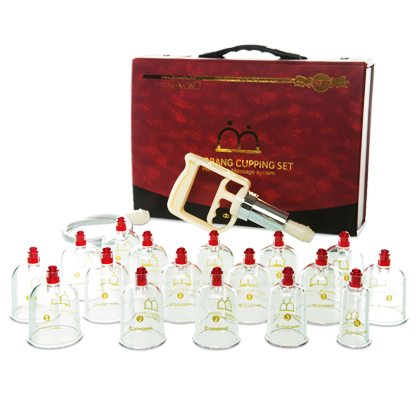Every human being in his body can contain chemicals. Such as lead, insecticides, and other dangerous without suffering from clinical symptoms.
Slowly we have to tolerate the presence of these toxic substances and have accepted the concept of tolerable limits and maximum allowable concentrations.
Because in this modern world can not be separated from the contacts of all kinds of chemical substances. Giving antioxidants has been through several clinical trials to picogram level by investigating the movement of drugs in the body.
It involves several things, such as absorption, distribution, redistribution, biotransformation, and excretion of drugs. Knowledge of this is essential to interpret the therapeutic effects and toxicity of a drug.
Everything related to pharmacokinetics requires quantitative analysis of drugs in biological fluids or organs. Absorption characteristics are important to know, the chemical properties of the partition coefficient of the left and the degree of ionization is low and easily absorbed through the cell walls.
In contrast, the group alkaloids that cause ionization of molecules that will either poorly absorbed. There are so many factors that affect the absorption, so it will affect the dosing and toxicities.
Absorption means to be learned should be in accordance with that will be used in the clinic. A drug that will be used locally on the skin should be studied, especially how much absorption through the skin.
The difference in the blood concentration of oral administration and parerental can give an idea of the degree of oral absorption. Once absorbed, all drugs will be distributed throughout the body via the blood circulation.
This distribution may not be evenly distributed and cumulative often seen in certain tools. Drug effects may depend on the cumulative and toxic effects. Binding of drugs by blood proteins may reduce its effectiveness.
Each drug will be considered by the body as an impurity in the environment. The consequence is a body overhaul in the form of drugs that can be excreted (more soluble in water, more poler).
Metabolites are formed normally inactive and usually reduced its toxic substances. When biotransformation occurs quickly, a drug can not be used in the clinic as effective levels can not be maintained (acetylcholine).
Carbachol and methacholine results reflect synthesis is older drugs biotransformation. The most important tool is the excretion of the liver and kidneys. Drug excretion may occur in the original form or shape metabolites.
Knowledge of this is essential for toxicology in a state of intoxication. One way to increase diuresis can only doing when the drug in question came out through the urine in active form.
Parameters required to investigate the movement of drugs in the body is the plasma concentration, half-life, distribution characteristics, product biotransformation, and excretion.











